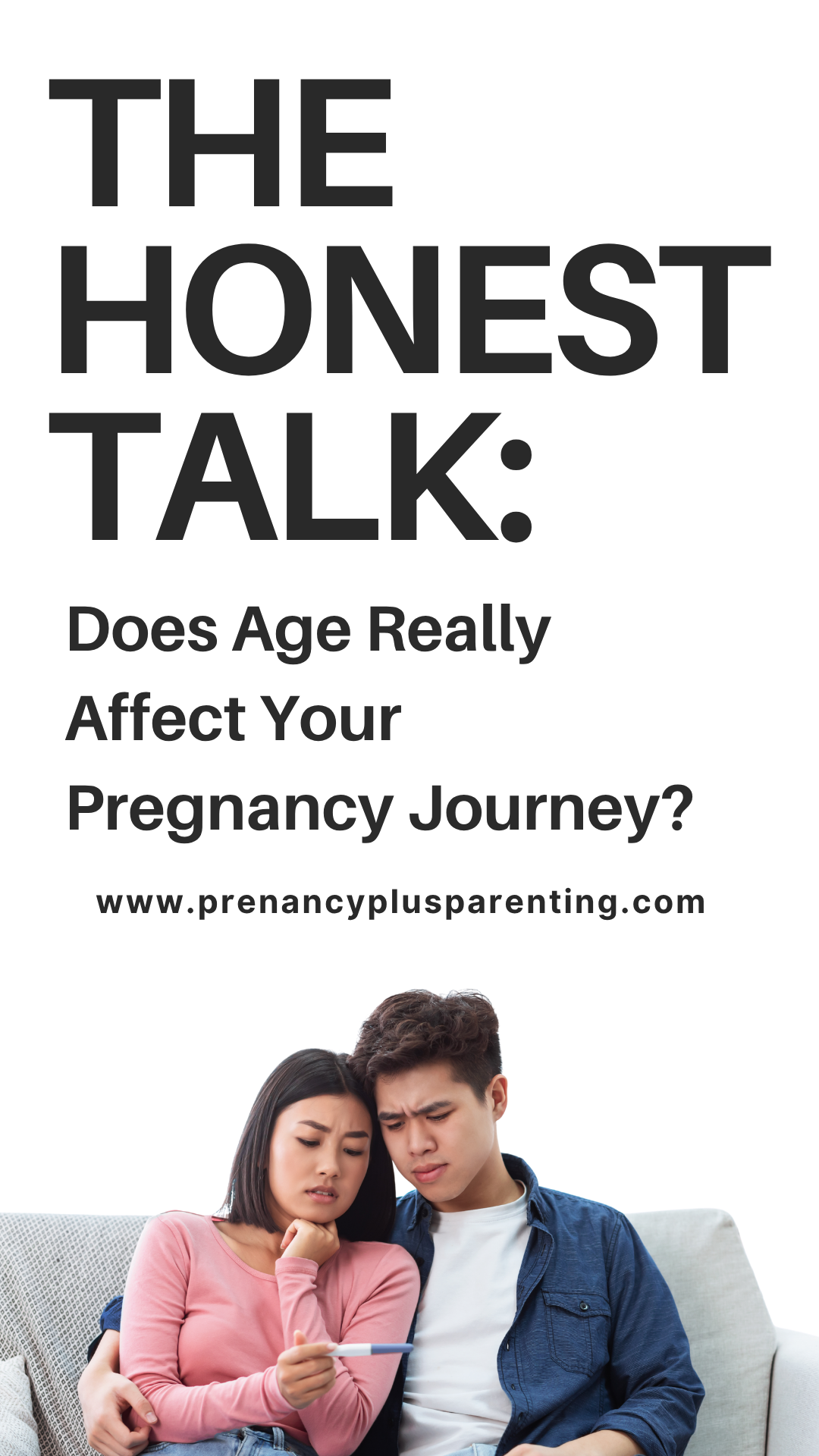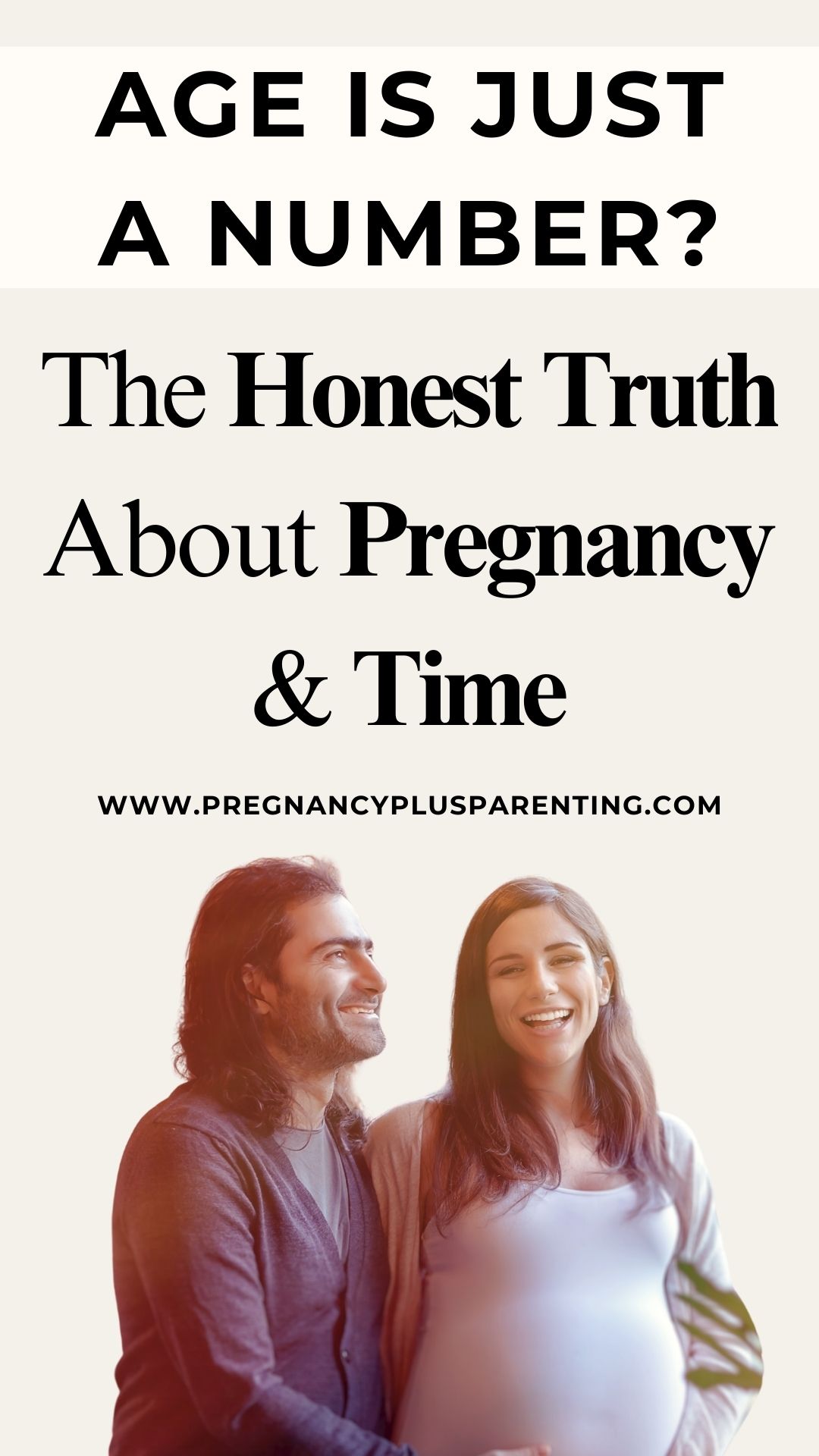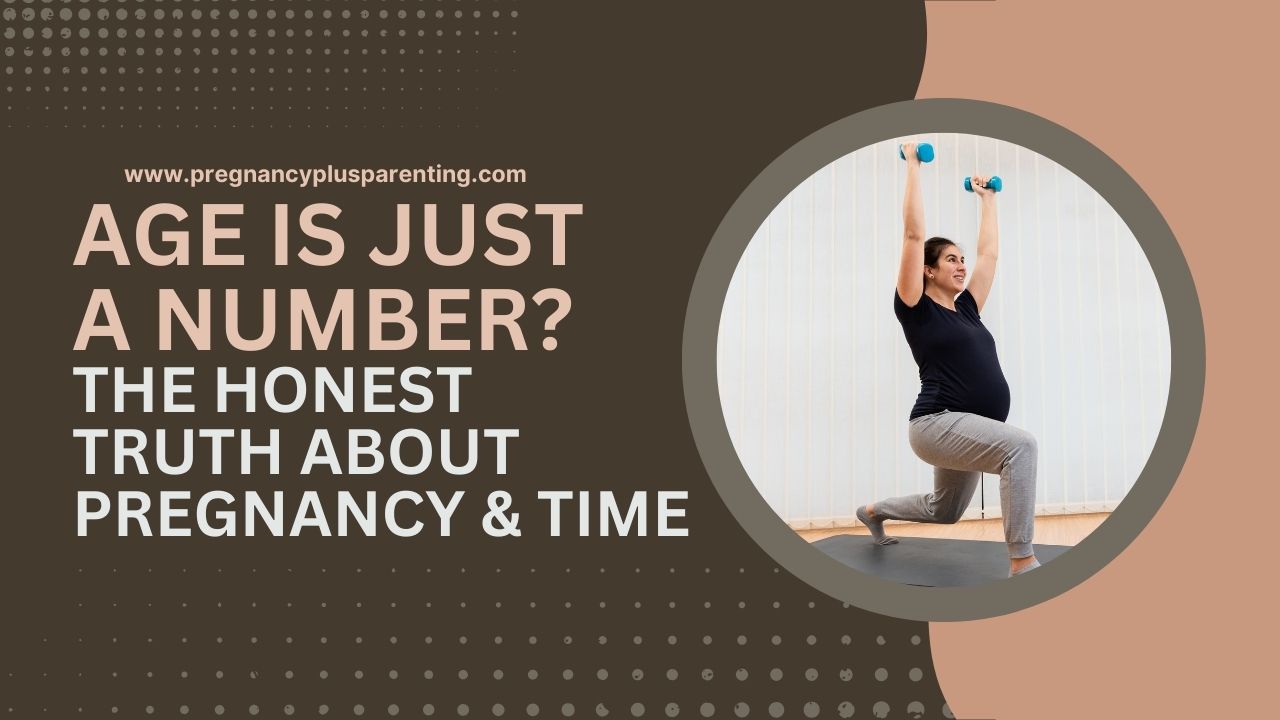Age Is Just a Number? The Honest Truth About Pregnancy & Time
When it comes to wanting children , age is often a topic of discussion. From biological clocks to “too old” or “too young” – there are numerous opinions and myths circulating. But what’s the truth behind these claims?
Note from the editors:
Apparently you are using an ad blocker or have opted out of the use of advertising cookies so that you will not see advertising banners on our site.
For our editorial team, advertising is the economic basis for our daily work and the prerequisite for us to be able to offer our readers content free of charge.
Therefore, we ask you to deactivate your ad blocker when visiting the parental handbook, or to add an appropriate exception, or to agree to the use of advertising cookies!
This article provides answers, draws on current research, and offers an honest and comprehensive perspective on the desire to have children in the context of age. This will help you make informed decisions and dispel myths.
Fertility and age: What are the chances?
Age is just one of many factors that influence fertility. Diet, lifestyle, genetic predisposition, and general health also play a role.
It’s important to understand that this isn’t just about biological aspects, but also emotional and social ones. For example, older age can bring with it greater emotional maturity and a more stable life situation, which are beneficial for parenthood.
It’s no secret: our fertility isn’t infinite. As we age, the chances of getting pregnant naturally decrease. But how exactly does this change?
- Women : The chances of getting pregnant per cycle are highest in your 20s . These begin to decline slowly in your 30s and decrease more significantly after 35. It can become particularly difficult after 40, but pregnancy is still possible.
- Men : Although it’s often said that men can become fathers at any age, the reality is somewhat more complex. While men produce sperm throughout their lives, sperm quality can decline with age. This can, among other things, increase the risk of certain diseases in their offspring.
Myths revealed: What is true and what is not?
Fertility and aging have long been central themes in many societies, and over time, numerous stories and perceptions have evolved. Sometimes these beliefs are based on outdated information, while others have been passed down through word of mouth without ever being truly challenged.
It’s easy to be influenced by these myths, especially when bombarded by friends, family, or the media. But it’s crucial to separate fact from fiction, especially when it comes to such an important decision as family planning.
You’ve probably heard a few myths surrounding age and fertility. Let’s shed some light on the mystery:
- After 35, chances drop rapidly : It’s true that fertility declines after 35, but “rapidly” may be an exaggeration. Many women can still have children naturally after 35.
- Men can become fathers at any age : Yes, men produce sperm continuously. But as mentioned above, age can affect sperm quality. A conscious focus on health can help.
- Older parents always have problems with their children : Not necessarily. While the risk of some complications increases, there are many older parents with healthy children. It’s always a good idea to talk to your doctor about individual risks.
Regardless of whether they are early or late parents, it really only comes down to one thing: the love that parents feel for their little ones.

Modern possibilities: artificial insemination & Co.
Today, couples struggling to conceive naturally have more options than ever before. Medicine has made tremendous advances in recent decades, developing technologies that were previously unimaginable. These procedures are not only technically advanced, but also increasingly safe and accessible.
By applying these techniques, countless families have been able to fulfill their desire to have children, even when nature has thrown obstacles in their way. It’s important to remember that these options are not a replacement for, but rather a complement to, natural conception, and each has its own advantages and disadvantages.
For some couples, it may be helpful to consider alternative options when the natural route becomes difficult. Fortunately, medicine has made great strides in recent years:
- IVF (in vitro fertilization) : Here, eggs are removed from the woman, fertilized in the laboratory, and then implanted back into the uterus. Success rates vary depending on age but are generally promising.
- Egg donation : For women who have difficulties with their own egg quality, donation may be an option.
- Sperm donation : If the male partner is the problem, you can consider sperm donation.
An overview of the most common methods of artificial insemination can be found here:
Tips for couples: The path to the dream child
The desire to have a child of one’s own is a deeply rooted, emotional aspiration for many couples. However, there can be numerous hurdles to overcome. In addition to medical aspects, emotional, financial, and time-related factors also play a role.
It’s essential to be well-prepared, well-informed, and, above all, to pull together as a couple. The journey to having a child can sometimes be longer and more challenging than originally anticipated. Therefore, it’s important to develop resilience, seek support, and always remember why you chose this path.
If you want a child, there are a few things you can consider and do:
- Health first : A balanced diet, sufficient exercise and avoiding smoking or excessive alcohol consumption can increase your chances.
- Regular check-ups : Visit your doctor regularly to stay informed about your fertility status.
- Stay positive and open : The desire to have children can be emotional. Talk to each other, stay positive, and be open to different paths to parenthood.
It can also be helpful to talk to other couples who have had similar experiences. They can offer valuable advice, encouragement, or simply listen. There are numerous forums and groups dedicated to the topic of wanting to have children and offering support.
Every step you take together brings you closer to your dream.
How can couples cope with the psychological stress of having an unfulfilled desire to have children? Here are three tips to reduce the pressure:
Every dream has its own path: Informed, active and confident towards the new addition to the family!
There are many factors that influence our fertility, and age is just one of them. By staying informed, shattering myths, and being proactive, you can get closer to your dream of growing your family.
Every path is individual – find yours!







